detail profile stanis c5 82aw michalski
Peran Yang Di Mainkan Stanisław Michalski
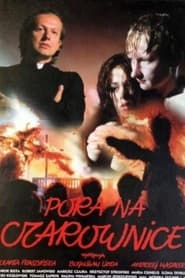 Twenty years old prostitute and drug...
Twenty years old prostitute and drug...A Time for Witches 1994
Twenty years old prostitute and drug addict, Jola, by chance meets Andrzej, a "railway station gay". They try to stay together, in spite of numerous diffculties. They both are carriers of the HIV virus. At the end of their travels they find themselves in the Red Palace - formerly the recreation centre for Party dignitaries, now a home for AIDS sufferers - which is run by father Jan. In the nearby small town aggression begins to grow again the unwanted guests; the house have been promised to the local people for housing purposes... The lives and fates of Jola, Andrzej, and father Jan become increasingly intertwined with one another...
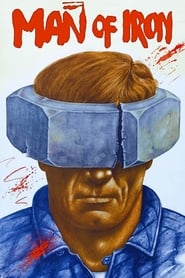 In Warsaw in 1980 the Communist Party...
In Warsaw in 1980 the Communist Party...Man of Iron 1981
In Warsaw in 1980, the Communist Party sends disgruntled radio reporter Winkel to Gdańsk to dig up dirt on the shipyard strikers - particularly on Maciek Tomczyk, an independent labour union leader whose father was killed in the December 1970 protests. Posing as sympathetic, Winkel interviews the people surrounding Tomczyk, including his detained wife, Agnieszka.
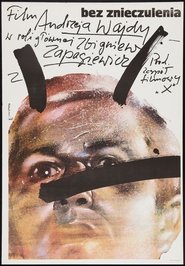 A famous Polish journalist presents a...
A famous Polish journalist presents a...Without Anesthesia 1978
A famous Polish journalist presents a problem for the powers-that-be when he displays his full political skill and knowledge on a television show featuring questions and answers on a world conference by a panel of journalists. His enemies take away his privileges when he is away. The shock of being "unwanted" parallels a deeper disappointment in his private life: his wife has an affair with a jealous young rival, and after 15 years of marriage and two daughters wants a divorce. She offers no explanations as he tries to untie these problems himself. All the moves he makes are the wrong ones. He takes on drinking heavily with students eager to attend his seminar after discovering the class has been canceled. The journalist, once suave and commanding, is reduced to silence.
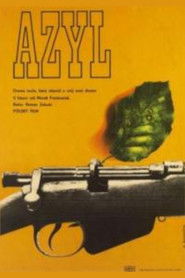 In 1946 a former resistance fighter starts...
In 1946 a former resistance fighter starts...The Refuge 1978
In 1946, a former resistance fighter starts working as a forester in a small town in Masuria. The local people don't trust him, robberies are common and his old flame is married to another man.
 During the Swedish invasion of Poland...
During the Swedish invasion of Poland...The Deluge 1974
During the Swedish invasion of Poland, the brave warrior Andrzej Kmicic, considered a traitor to the nation, fights for a country, redemption and love across the 17th-century Polish territories.
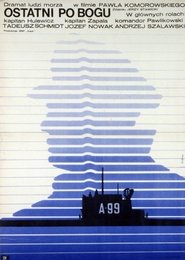 Tensions rise between a crew of...
Tensions rise between a crew of...Ostatni po Bogu 1968
Tensions rise between a crew of a submarine when an accident causes it to settle at the bottom of the sea.
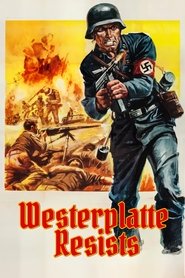 Westerplatte is a small peninsula at...
Westerplatte is a small peninsula at...Westerplatte Resists 1967
Westerplatte is a small peninsula at the entry to the Gdańsk Harbour. Before World War II, it functioned as a Polish ammunition depot in the Free City of Danzig. Its crew consisted of one infantry company and a group of civilians, 182 people in total. It was the only Polish guard-post at the mouth of the Vistula River, with as little as five sentries, one field cannon, two anti-armour guns and four mortars. The first shots of World War II were fired there. This film tells the story of Westerplatte's courageous defenders.
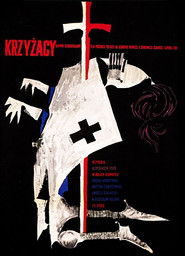 A tale of a young impoverished...
A tale of a young impoverished...Knights of the Teutonic Order 1960
A tale of a young impoverished nobleman, who with his uncle returns from a war against the order of the Teutonic Knights in Lithuania. He falls in love with a beautiful woman and pledges an oath to bring her "three trophies" from the Teutonic Knights.
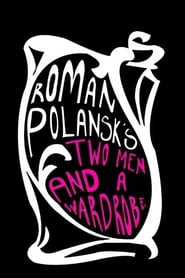 A short Polish black and white...
A short Polish black and white...Two Men and a Wardrobe 1958
A short Polish black and white silent movie directed by Roman Polański. The film features two men who emerge from the sea carrying a large wardrobe, which they proceed to carry into a town. Carrying the wardrobe, the two encounter a series of hostile events, including being attacked by a group of youths (one of whom is played by Polanski himself). Finally, they arrive back at a beach and then disappear in the sea.
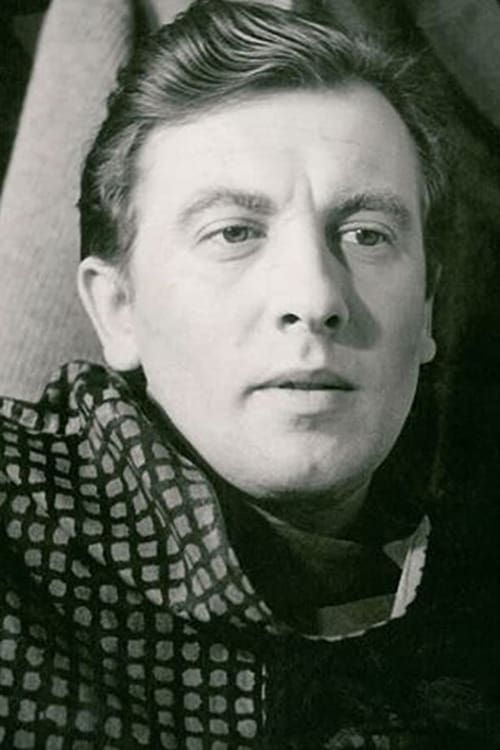
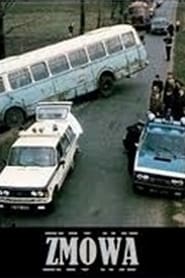
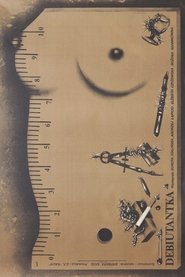 Ewa is a young ambitious engineer...
Ewa is a young ambitious engineer...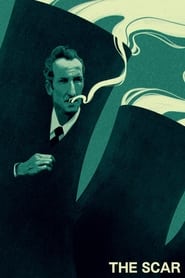 When a political decision is made...
When a political decision is made...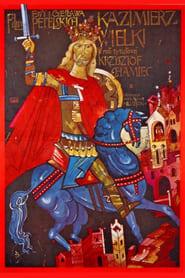 The life and reign of Polish...
The life and reign of Polish...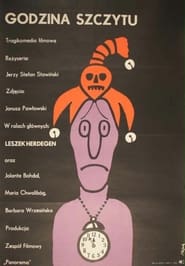
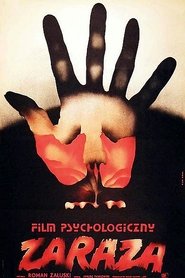 Based on a true outbreak of...
Based on a true outbreak of... After completing a project a shipbuilder...
After completing a project a shipbuilder...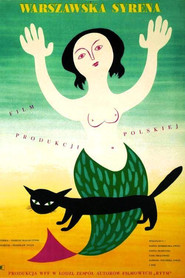
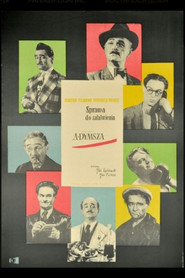 A series of misfortunes plagues a...
A series of misfortunes plagues a...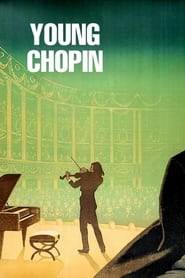 Young Frederic Chopin comes of age...
Young Frederic Chopin comes of age...